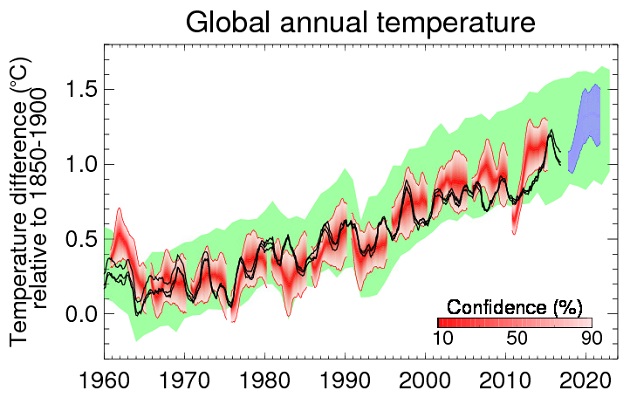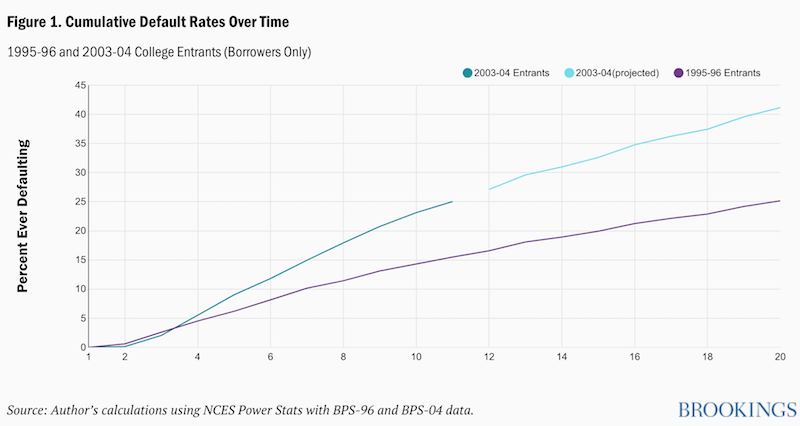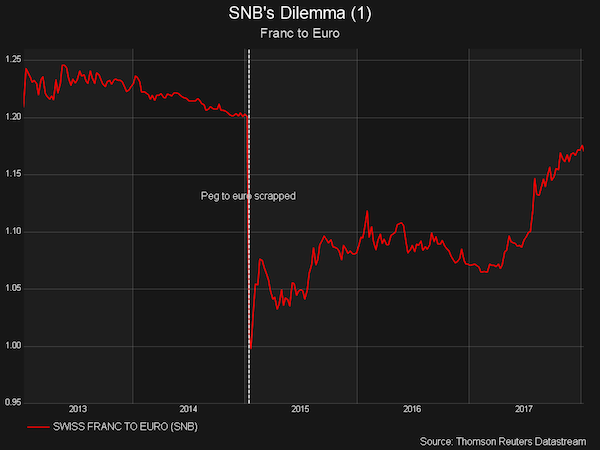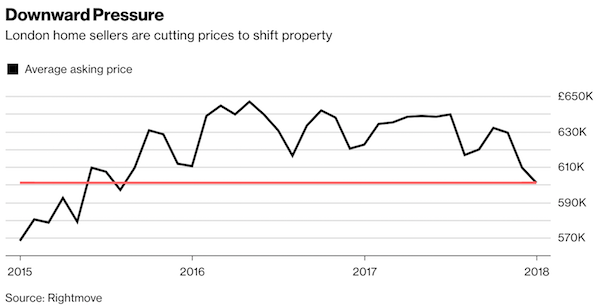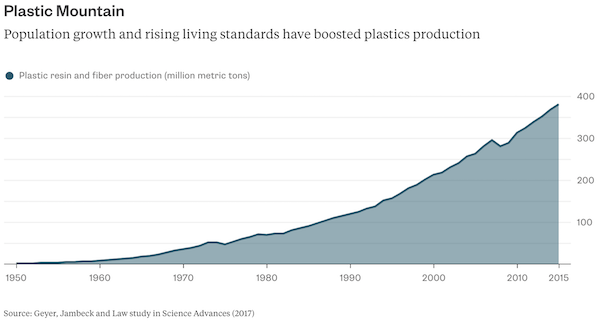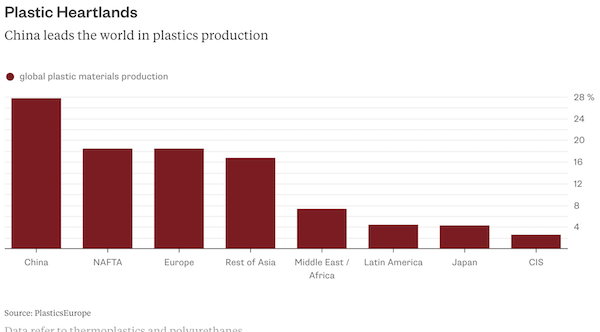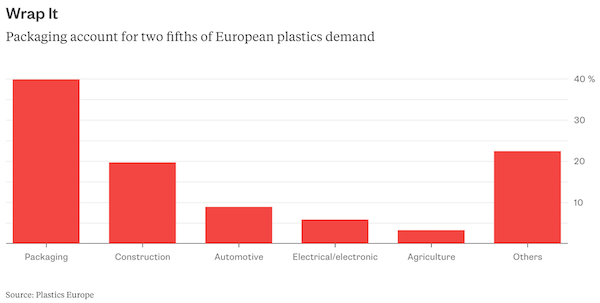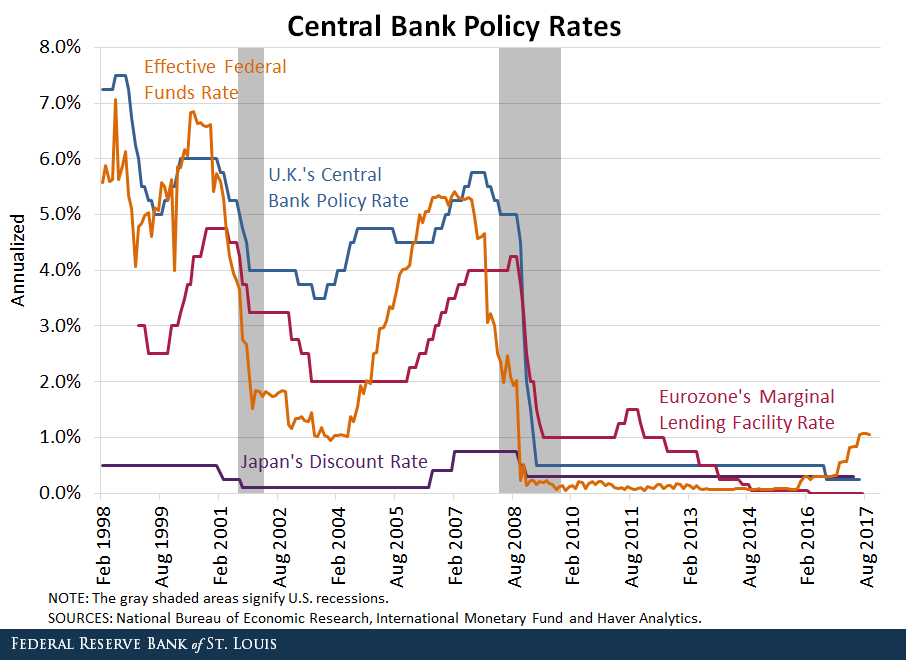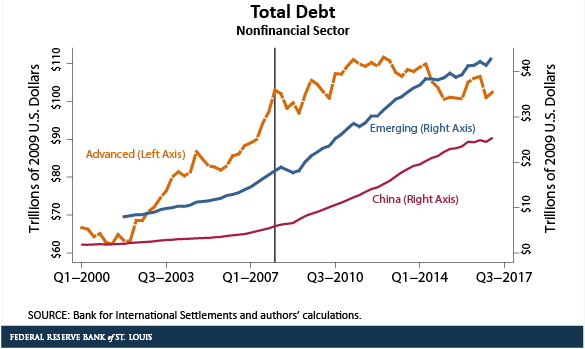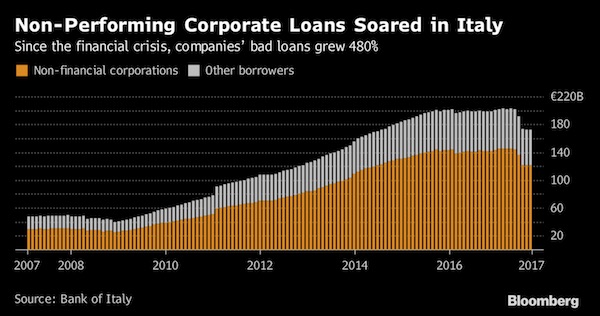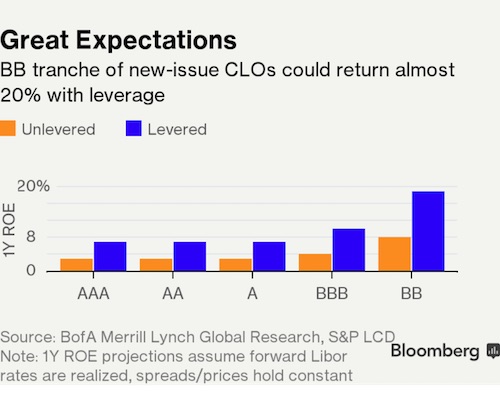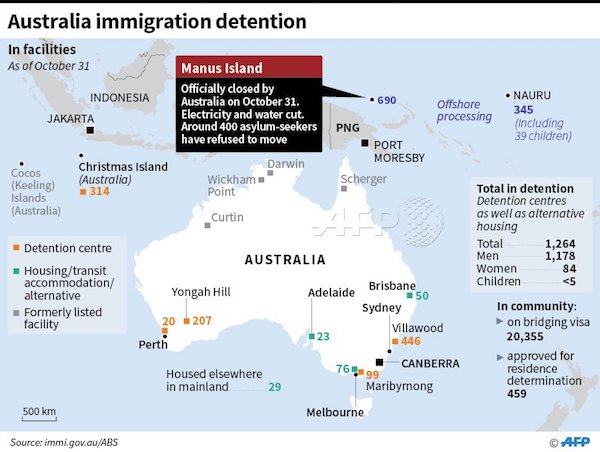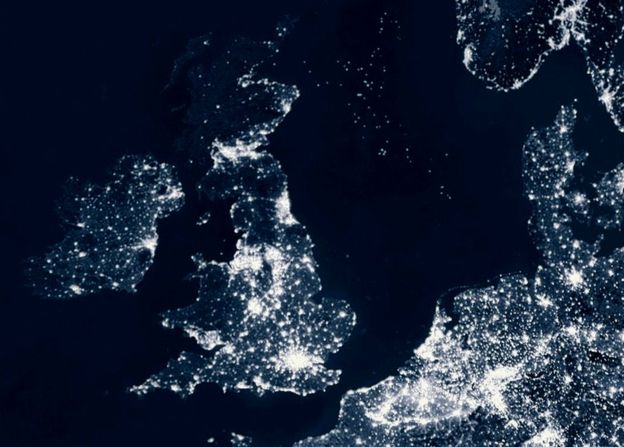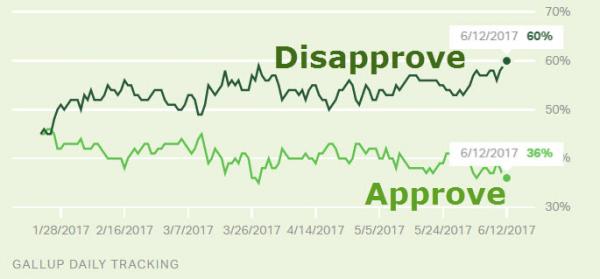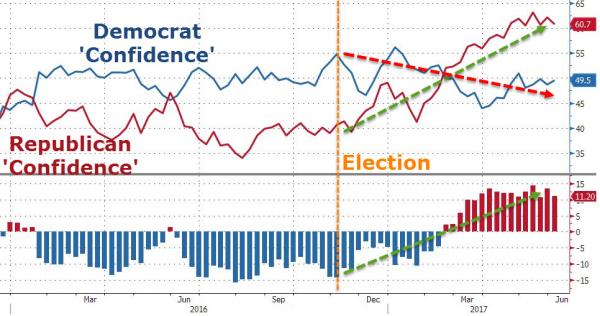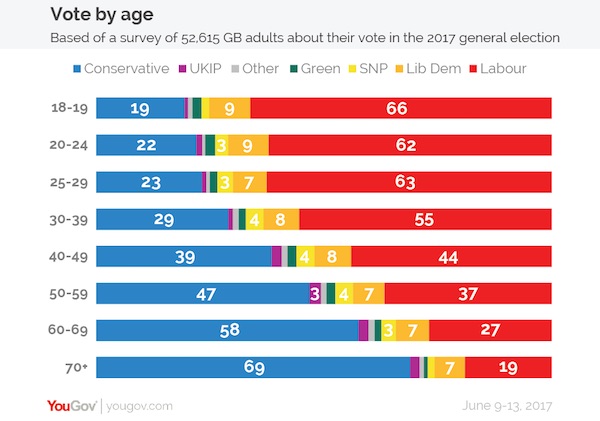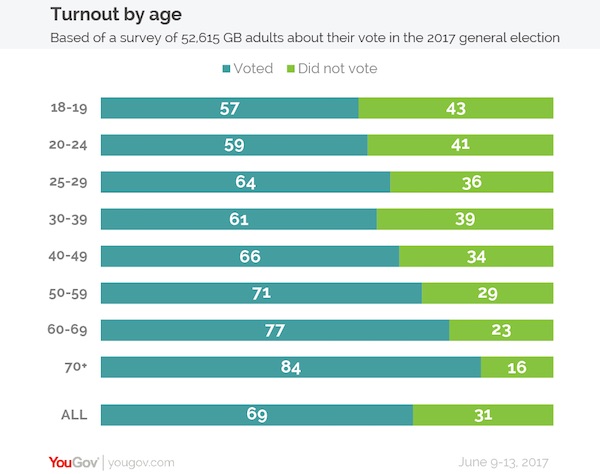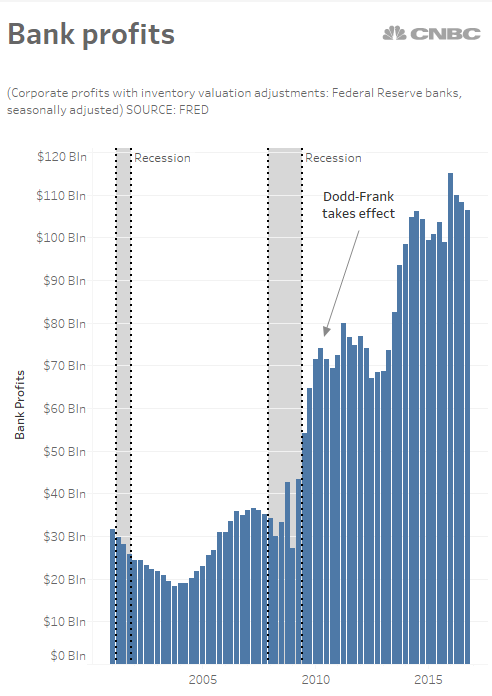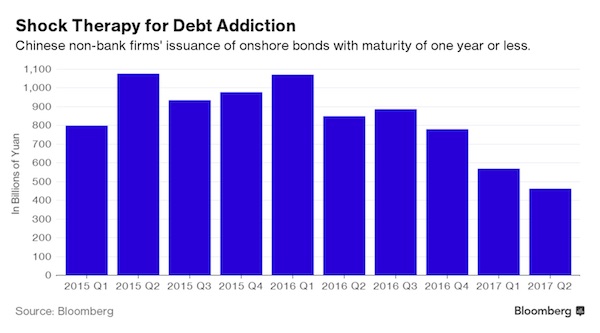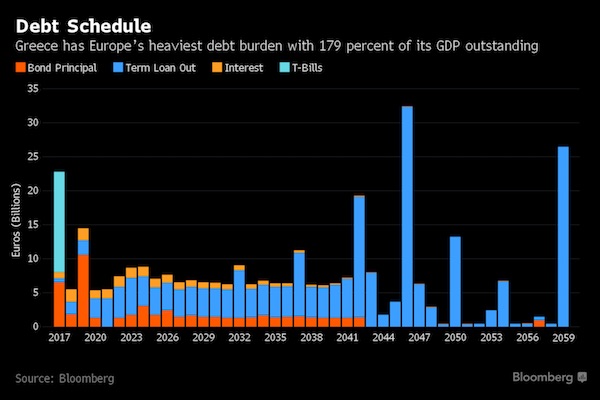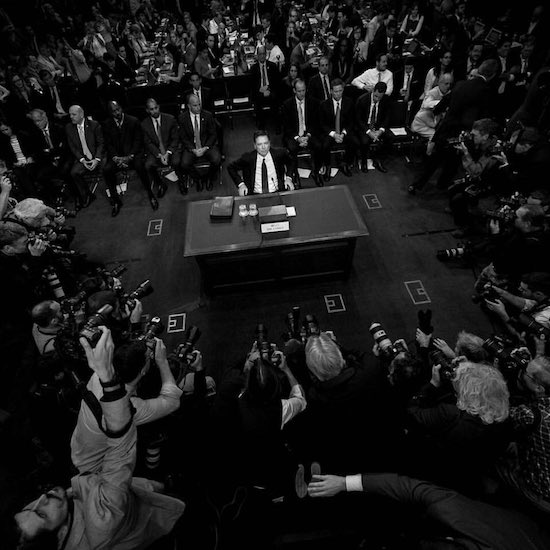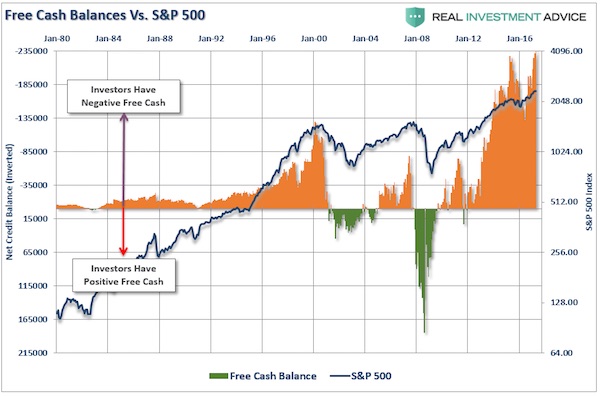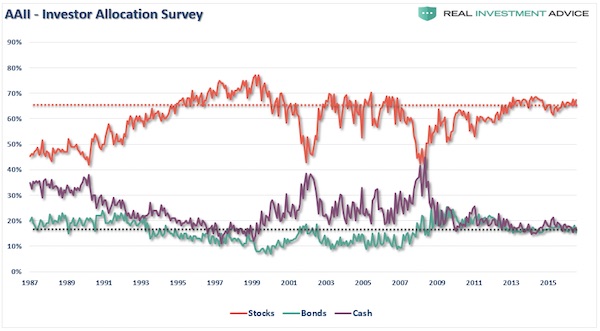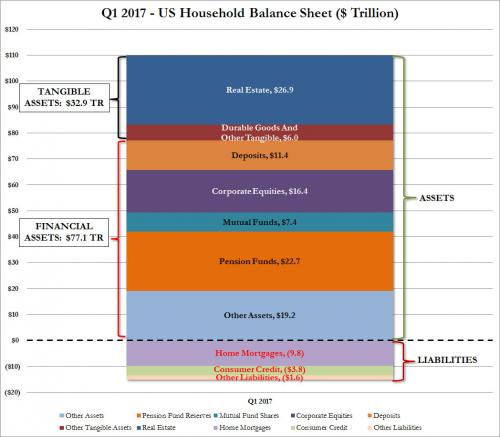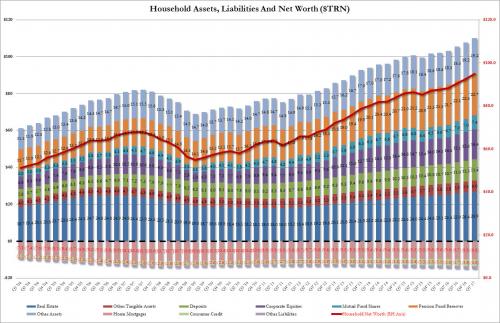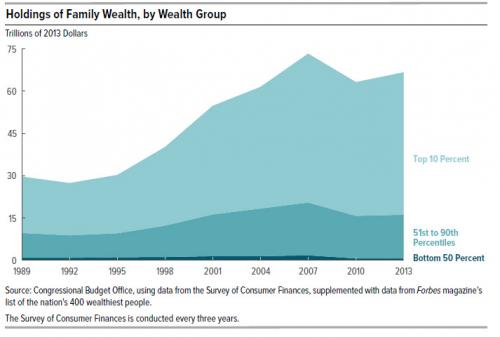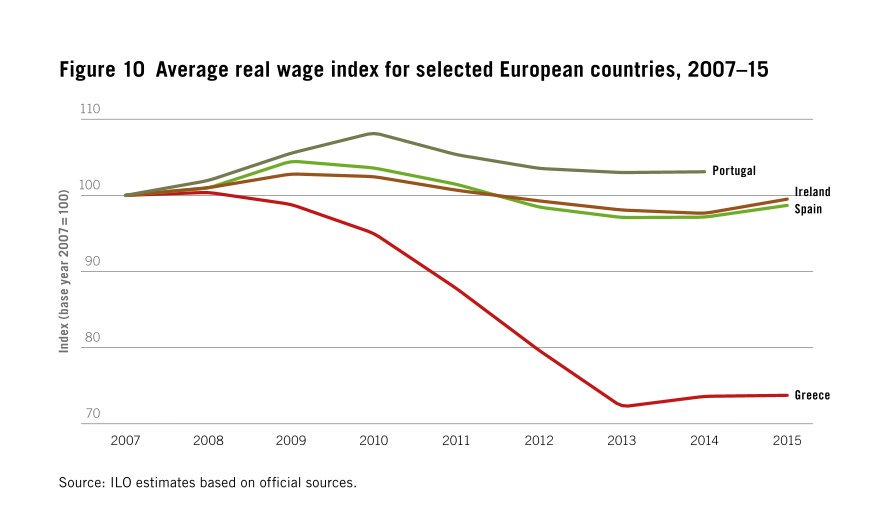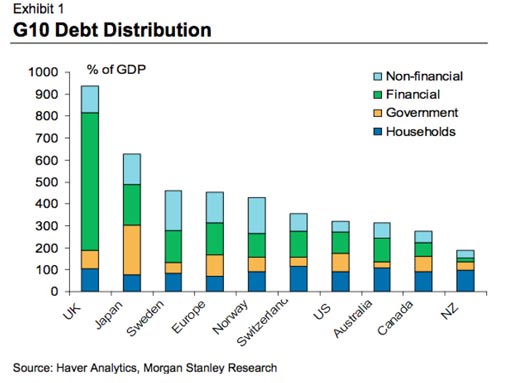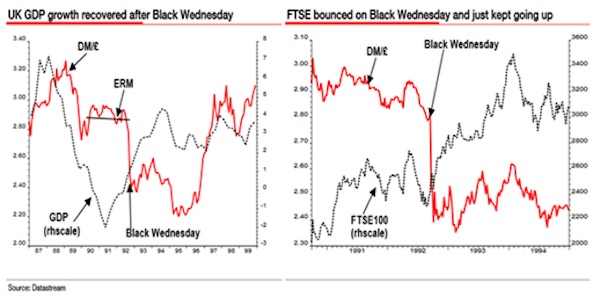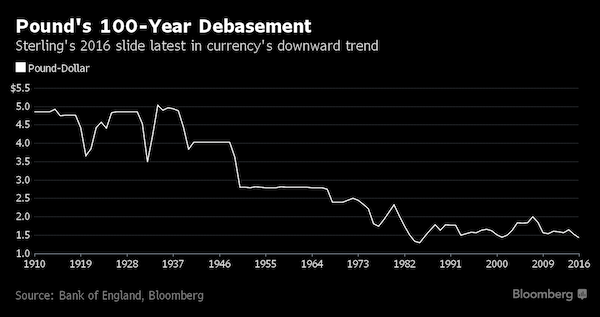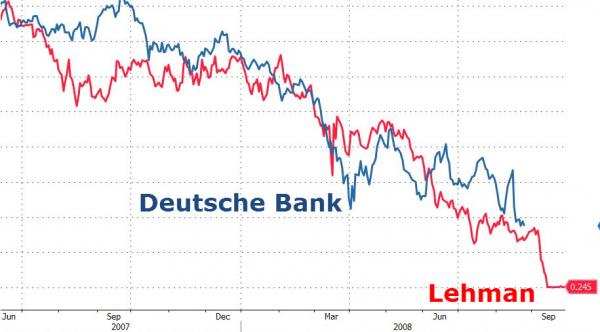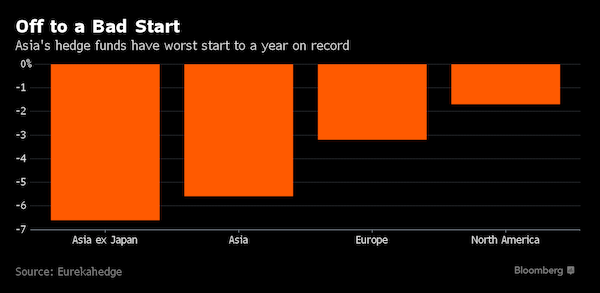
Vincent van Gogh Pink peach trees (Souvenir de mauve) 1888

Finally we get to see how ugly it can get.
• Trump to Release Memo Friday Morning Without Redactions (DisM)
According to a recent report by the Washington Examiner, President Trump will declassify the controversial four-page memo that reportedly details surveillance abuses by the Department of Justice and FBI, and send it back to House Intelligence for a Friday morning release. The news comes just days after President Trump’s State of the Union address, where he was overheard stating that he would “100%” release the memo. The Examiner further reports that FBI Director Wray continues to oppose the release of the memo to the American public, citing: “grave concerns about the memo’s accuracy.” However, as the Wall Street Journal reports, it is important to remember that the FBI knows and has known what is in the memo for a long time, as the Bureau had, “refused to provide access to those documents until director Christopher Wray and the Justice Department faced a contempt of Congress vote.”
The Journal further relates that: “The FBI’s public statement appears to be an act of insubordination after Mr. Wray and Deputy Attorney General Rod Rosenstein tried and failed to get the White House to block the memo’s release. Their public protest appears intended to tarnish in advance whatever information the memo contains. The public is getting to see amid this brawl how the FBI plays politics, and it isn’t a good look.” Members of the Democratic Party have also expressed their opposition to the release of the memo. For example, ranking member of the House Intelligence Committee, Rep. Adam Schiff (D-CA), has also come out against the release of the memo to the public.
Last week, Schiff and Sen. Diane Feinstein (D-CA), wrote a letter to Facebook and Twitter, in which they expressed their fears that the top trending hashtag “#ReleaseTheMemo” was being pushed by Russian bots as part of a propaganda effort seeking to “attack our democracy”. However, much to their dismay, it was revealed that the top trending hashtag was not the work of Russian bots, but originated organically by fellow Americans. This news did not deter a California duo from penning a second letter to Facebook and Twitter on Wednesday, in order to raise awareness about potential abuse of their platforms by “agents of foreign influence”.

Artificial ‘market’. How can anyone see it as a good thing?
• Bank of Japan Offers ‘Unlimited’ Bond Buying To Curb Rising Yields (CNBC)
Japanese government bond prices recovered from earlier losses after the Bank of Japan acted decisively on Friday to curb a rise in bond yields, offering “unlimited” buying in long-term Japanese government bonds. Heavy buying of JGBs raises the price of bonds to force down their yield, an essential element of the BOJ’s ultra-loose yield curve control (YCC) policy. It was the first time in more than six months that the BOJ has conducted special operations to buy bonds to achieve the yields it wants to see, rather than the auctions used in regular operations – a powerful show of force to direct the market. On top of that, the BOJ increased the amount of its planned buying in five- to 10-year JGBs to 450 billion yen from the 410 billion amount it has favored since late August.
Following the BOJ’s operations, the price of the 10-year JGB futures rose to as high as 150.31 from the day’s low of 150.09. It was up 0.11 on the day. The benchmark 10-year cash JGB yield edged down to 0.090%, the same level as its previous close, from 0.095% touched earlier. JGB yields have risen in recent weeks, in line with global peers, on rising expectations that the world’s central banks are increasingly leaning towards winding back stimulus as the global economy gains momentum. Investors have started to speculate that the BOJ could also be moving towards an exit from ultra-easy policy, although BOJ Governor Haruhiko Kuroda has denied that he was considering such a major policy adjustment in the near future.

Significant shift: “The country’s waning frenzy has been reflected in declining activity on domestic exchanges. Data compiled by CryptoCompare.com show that volumes have dropped by about 85% from December highs.”
• Bitcoin’s Brutal Week Is Even Worse in South Korea (BBG)
Bitcoin’s brutal start to the year is proving especially painful in South Korea. While prices for the cryptocurrency are falling on major exchanges around the world, nowhere have the declines been faster than in Asia’s fourth-largest economy. The losses have erased a 51% premium for Bitcoin on Korean venues, sending prices back in line with those on international markets for the first time in seven weeks on Friday. The so-called kimchi premium had been so persistent – and so unusual for a large country – that traders named it after Korea’s staple side dish. While its disappearance is partly explained by selling pressure from arbitragers, it also reflects a dramatic reversal of investor sentiment in one of the world’s most frenzied markets for cryptocurrencies.
Bitcoin has tumbled more than 60% from its high in Korea after the nation’s regulators took several steps over the past two months to restrict trading and said they may ban cryptocurrency exchanges outright. Policy makers around the world have been moving to rein in the mania surrounding digital assets amid concerns over excessive speculation, money laundering, tax evasion and fraud. “The bubble in crytpocurrencies has burst” in Korea, said Yeol-mae Kim at Eugene Investment & Securities in Seoul. The kimchi premium began shrinking in mid-January as fears of a regulatory clampdown escalated. Selling by arbitragers – who have been buying Bitcoin on international venues to offload at a higher price in Korea – also played a role, although the country’s capital controls and anti-money-laundering rules made it difficult to execute such transactions in bulk.
Bitcoin traded at about 9.1 million won ($8,449) in Korea on Friday morning, according to a CryptoCompare index tracking the country’s major exchanges. That compared with the $8,601 composite price on Bloomberg, which is derived from venues including Bitstamp and Coinbase’s GDAX exchange. When the kimchi premium reached its peak in January, Bitcoin’s price was about $7,500 higher in Korea. The country’s waning frenzy has been reflected in declining activity on domestic exchanges. Data compiled by CryptoCompare.com show that volumes have dropped by about 85% from December highs.
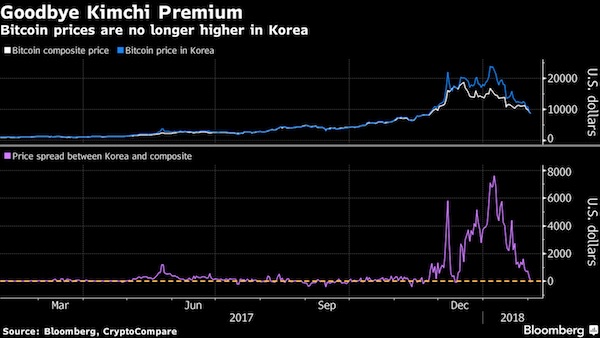

Liquidity.
• Chinese Stocks Tumble As Hong Kong ATM Withdrawals Surge (ZH)
Chinese stocks are down for the fifth day in a row (something that hasn’t happened since May 2017) with the tech-heavy Shenzhen Composite is now down 5% YTD and the Shanghai Composite is tumbling back towards unchanged. The decline is happening at the same time as Bitcoin is in freefall… And chatter about bankers using WeChat to ask for Deposits. In other words – a liquidity crisis. And that anxiety is only increased by the latest report from Reuters that cash withdrawals at Hong Kong ATMs have surged, prompting scrutiny from monetary authorities, the banking industry, and police amid media reports that mainland Chinese are withdrawing hundreds of thousands of dollars using up to 50 cards at a time. China has battled to curb capital outflows for years. A move that took effect on Jan. 1 caps overseas withdrawals using domestic Chinese bank cards.
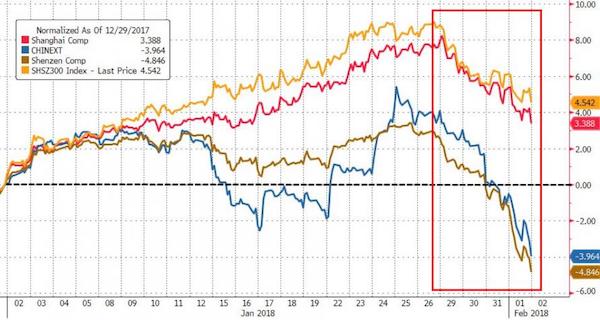
The gambling hub of Macau last year introduced facial recognition technology at ATMs to target illicit outflows from mainland China, a move that Hong Kong’s central bank told Reuters could increase cash withdrawals in the financial center. “The HKMA is aware of media reports about people using multiple mainland cards to withdraw cash at ATMs in Hong Kong,” the central bank said in a statement, adding that it was “monitoring the situation and is in discussion with the banking industry and the police about this issue”. A local banker said some commercial banks have stepped up monitoring of cash withdrawals. Hong Kong police said they were working closely with the HKMA and banking industry to respond to any changes in financial crime trends. While this is as much to do with money-laundering and capital flight, the liquidation of stocks, cryptocurrencies, and now mass ATM withdrawals suggests more is going on that the usual pre-new-year liquidity hording.

There is no lck of homes. There’s a huge surplus in ultra low interest rate loans.
• Surprise Rise In UK House Prices As Lack Of Homes For Sale Fuels Lift (G.)
UK house prices rose at the fastest annual pace in 10 months in January, bolstered by a lack of new homes coming on to the market, according to Nationwide. The average price of a home reached £211,756 last month, according to the building society’s monthly survey. Property values were up 0.6% from the month before, the same monthly gain as in December, but the annual growth rate picked up to 3.2% from 2.6%, the highest since March 2017, when it was 3.5%. Robert Gardner, Nationwide’s chief economist, said: “The acceleration in annual house price growth is a little surprising, given signs of softening in the household sector in recent months. Retail sales were relatively soft over the Christmas period, as were key measures of consumer confidence, as the squeeze on household incomes continued to take its toll.”
But he added: “The flow of properties coming on to estate agents’ books has been more of a trickle than a torrent for some time now and the lack of supply is likely to be the key factor providing support to house prices.” Many forecasters predicted the housing market would continue to slow to about 1% this year. This would mean property values falling in real terms. Nationwide is still forecasting price growth of 1-1.5% this year.
Chris Scicluna, an economist at Daiwa, said: “With real wage growth remaining below zero and consumer confidence still subdued, house price growth appears unlikely to extend this upward trend over coming months and quarters. However, a similar pace could well be maintained on the back of very attractive mortgage rates, limited supply, record high employment, and the strong likelihood that consumer price inflation is likely to moderate.” Home ownership in England remained at a 30-year low last year. The government’s latest English housing survey showed that of an estimated 22.8m households, 14.4m – or 62.6% – were owner-occupiers in 2016-17, compared with 62.9% in 2016. This was similar to the rate seen in the mid-1980s and down from a peak of 71% in 2003. Of young adults aged 25 to 34, only 37% owned their home.

Greater Fool hour.
• Buying Home In UK Cities At Least Affordable Level Since 2007 (Ind.)
The typical cost of buying a home in a UK city has reached its least affordable levels in a decade, a report has found. The average house price across cities equated to seven times typical annual earnings in 2017, the Lloyds Bank Affordable Cities Review found. This is the highest house price-to-income multiple since the average city home cost seven and-a-half times earnings in 2007. In 2012, the average city home cost around 5.6 times wages. But over the past five years, the average house price across UK cities has surged by over a third (36%), reaching £232,945 in 2017.
Over the same period, average city earnings have risen by 9% to £33,420. Oxford was found to be the least affordable city in the study, with average property prices there equating to 11-and-a-half times average annual earnings. Stirling in Scotland was identified as the UK’s most affordable city for the fifth consecutive year, with average property prices at around four times annual earnings. Six cities in the study have house prices commanding at least 10 times the average earnings of residents.

Only, so-called value is highly inflated, profiting from government actions.
• UK Labour Party Plans To Make Landowners Sell To State For Fraction Of Value (G.)
Labour is considering forcing landowners to give up sites for a fraction of their current price in an effort to slash the cost of council house building. The proposal has been drawn up by John Healey, the shadow housing secretary, and would see a Jeremy Corbyn-led government change the law so landowners would have to sell sites to the state at knockdown prices. Landowners currently sell at a price that factors in the dramatic increase in value when planning consent is granted. It means a hectare of agricultural land worth around £20,000 can sell for closer to £2m if it is zoned for housing. Labour believes this is slowing down housebuilding by dramatically increasing costs. It is planning a new English Sovereign Land Trust with powers to buy sites at closer to the lower price.
This would be enabled by a change in the 1961 Land Compensation Act so the state could compulsorily purchase land at a price that excluded the potential for future planning consent. Healey’s analysis suggests that it would cut the cost of building 100,000 council houses a year by almost £10bn to around £16bn. With the “hope value” removed from the price of land, the cost of building a two-bed flat in Wandsworth, south-west London, would be cut from £380,000 to £250,000, in Chelmsford it would fall from £210,000 to £130,000 and in Tamworth in the West Midlands, where land values are lower, it would drop from £150,000 to £130,000. “Rather than letting private landowners benefit from this windfall gain – and making everyone else pay for it – enabling public acquisition of land at nearer pre-planning-permission value would mean cheaper land which could help fund cheaper housing,” said Healey.

Stock lending links to shorting.
• Big Banks Accused of Stifling Competition in Stock Lending (Morgenson)
A newly filed lawsuit against six major investment banks contends they worked together to prevent a startup company from competing in the vast and lucrative stock-lending market. The complaint, filed Tuesday in a New York federal court, follows a suit brought last summer against the same institutions by three pension funds who accused the banks of conspiring to keep their stranglehold on the roughly $1 trillion market. The litigation brings increased scrutiny on the stock-loan business, an opaque, over-the-counter market that is a crucial but behind-the-scenes cog in Wall Street’s trading machinery. At issue are stock-lending transactions, in which pension funds, insurance companies and other investors lend their shares to brokerage firms whose customers, such as hedge funds, borrow stock to offset other positions or make bets against companies in trades known as short sales.
Asset managers receive a fee for the stock they lend depending on borrower interest in it. The suit was filed by QS Holdings, the parent of Quadriserv, which was formed in 2001 and built an electronic trading platform. Called AQS, the platform gave stock-loan participants access to real-time prices on trades that reflected actual bids and offers. Transactions on AQS were executed anonymously and centrally settled; the system was registered with the Financial Industry Regulatory Authority and the Securities and Exchange Commission. But it never gained traction and was sold in a distressed sale in 2016. On Jan. 26, the six firms — Bank of America, Credit Suisse, Goldman Sachs, JPMorgan Chase, Morgan Stanley and UBS— filed a motion to dismiss the lawsuit filed last summer by the pension funds.
In that filing, the firms said the allegations were meritless, noting that “none of the plaintiffs’ allegations identified ‘direct evidence’ of conspiracy.” In the stock-loan business, investors borrowing shares from brokerage firms also pay, sometimes steeply, for the service. When many traders want to borrow a company’s shares, its stock is known as “hard-to-borrow” and fees associated with the transaction are far higher. The middlemen in these trades often are Goldman, J.P. Morgan and Morgan Stanley. They make trades in an over-the-counter market where prices are typically given privately to customers. It thus is difficult for them to determine whether they are getting appropriate prices.
The middlemen typically keep most of the fees collected on the most lucrative trades, and critics say that amount would be far lower if borrowers and lenders met in a centralized market where pricing was transparent, like the AQS.

Squid squared.
• Here Comes the Next Financial Crisis (Nomi Prins)
Thanks to the Senate confirmation of his selection for chairman of the board, Donald Trump now owns the Fed, too. The former number two man under Janet Yellen, Jerome Powell will be running the Fed, come Monday morning, February 5th. Established in 1913 during President Woodrow Wilson’s administration, the Fed’s official mission is to “promote a safe, sound, competitive, and accessible banking system.” In reality, it’s acted more like that system’s main drug dealer in recent years. In the wake of the 2007-2008 financial crisis, in addition to buying trillions of dollars in bonds (a strategy called “quantitative easing,” or QE), the Fed supplied four of the biggest Wall Street banks with an injection of $7.8 trillion in secret loans. The move was meant to stimulate the economy, but really, it coddled the banks.
Powell’s monetary policy undoubtedly won’t represent a startling change from that of previous head Janet Yellen, or her predecessor, Ben Bernanke. History shows that Powell has repeatedly voted for pumping financial markets with Federal Reserve funds and, despite displaying reservations about the practice of quantitative easing, he always voted in favor of it, too. What makes his nomination out of the ordinary, though, is that he’s a trained lawyer, not an economist. Powell is assuming the helm at a time when deregulation is central to the White House’s economic and financial strategy. Keep in mind that he will also have a role in choosing and guiding future Fed appointments. (At present, the Fed has the smallest number of sitting governors in its history.)
The first such appointee, private equity investor Randal Quarles, already approved as the Fed’s vice chairman for supervision, is another major deregulator. Powell will be able to steer banking system decisions in other ways. In recent Senate testimony, he confirmed his deregulatory predisposition. In that vein, the Fed has already announced that it seeks to loosen the capital requirements big banks need to put behind their riskier assets and activities. This will, it claims, allow them to more freely make loans to Main Street, in case a decade of cheap money wasn’t enough of an incentive.

Crude still rules.
• Texas Shale Challenges North Sea Crude As World Oil Benchmark (R.)
As the United States approaches a record 10.04 million barrels of daily production, trading volumes of so-called “WTI” futures exceeded volumes of Brent crude in 2017 by the largest margin in at least seven years. A decade ago, falling domestic production and a U.S. ban on exports meant that WTI served mostly as a proxy for U.S. inventory levels. “There was a time when the U.S. was disconnected from the global market,” said Greg Sharenow, portfolio manager at PIMCO, who co-manages more than $15 billion in commodity assets. Two changes drove the resurgence of the U.S. benchmark. One was the boom in shale production, which spawned a multitude of small producers that sought to hedge profits by trading futures contracts.
Then two years ago, the United States ended its 40-year ban on crude exports, making WTI more useful to global traders and shippers. U.S. exports averaged 1.1 million barrels a day through November 2017, rising to an average 1.6 million bpd in the final three months. That compares to just 590,000 bpd in 2016. As U.S. production and exports grow, global firms that increasingly buy U.S. oil are offsetting their exposure by trading in U.S. financial markets. That also gives U.S. shale producers more opportunity to lock in profits on their own production.

Why Greece needs debt relief across the board “It is estimated that just 20% of expired debts are collectible.”
• Greek Taxpayers’ Debts To The State Soar To Record Highs (K.)
Taxpayers’ total overdue debts to the state soared to a record 101.8 billion euros at the end of December, in a clear indication that society’s taxpaying capacity is at breaking point due to overtaxation. In December alone, when 2018 road tax and an installment of the Single Property Tax (ENFIA) came due, new expired debts amounted to 1.3 billion euros. According to data released on Thursday by the Independent Authority for Public Revenue, the new expired debts added last year came to 12.9 billion euros, concerning all tax obligations that went unpaid, from income tax and ENFIA to tax penalties and value-added tax. The phenomenon has major consequences for taxpayers. The figures also showed that confiscations and debt settlements brought 5.07 billion euros into the state coffers in 2017, of which 2.69 billion concerned old debts (dating before 2017). More than 1 million taxpayers have already had assets confiscated over debts to the tax authorities. Their number grew by 14,871 in December to reach 1,050,077 at the end of 2017.
The authority’s data reveal that 4,068,857 taxpayers – or more than half – have expired debts to the state, and that this figure would have been 138,260 higher had those people not settled their dues in December due to fears of repossessions. At the moment taxpayers can enter a tax payment program involving 12 to 24 monthly installments, even for dues that are not classified as expired. The online platform also allows them to add new debts to the fixed plan each month. Taxpayers who want to enter such a payment plan can visit the authority’s website and choose which of their debts that are not overdue they want to add to the 12-installment scheme. The picture regarding expired debts is set to change drastically once the bailout obligation for arrears clearance is completed, separating collectible dues from those that cannot be collected. It is estimated that just 20% of expired debts are collectible.

Fulminating against the 1923 Lausanne Treaty is easy populist fodder for Erdogan. His gamble is that Turkey’s bust-up with the US in Syria, and the threat to NATO because of it, will allow him to take Greek territory.
• Erdogan’s Top Adviser Threatens To “Break The Legs” Of Greek PM (KTG)
Chief advisor of Turkish President Erdogan, Yigit Bulut, has threatened Greece over the disputed islet of Imia in the Eastern Aegean Sea. “Athens will face the wrath of Turkey worse than that in Afrin,” Bulut said in a Television show of a private network. “We will break the arms and legs of officials, of the Prime Minister and any Minister, who dares to step on the Kardak/Imia islet in the Aegean,” he claimed. Bultu’s threats come just a couple of days after Defense Minister Panos Kammenos sailed to Imia and threw a wreath into the sea to honor the three fallen soldiers during the Imia conflict in 1996. Ankara does not miss a chance to challenge Greece’s sovereignty in the islets and islands of the Aegean Sea, escalate tension around Imia and risk an ugly incident that could bring the two neighboring countries at the verge of an armed conflict like two decades ago.
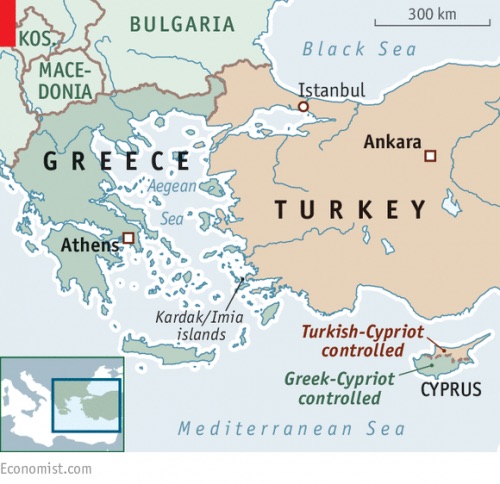

Much higher metabolism than anyone had ever noticed.
• Polar Bears Could Become Extinct Faster Than Was Feared (G.)
Polar bears could be sliding towards extinction faster than previously feared, with the animals facing an increasing struggle to find enough food to survive as climate change steadily transforms their environment. New research has unearthed fresh insights into polar bear habits, revealing that the Arctic predators have far higher metabolisms than previously thought. This means they need more prey, primarily seals, to meet their energy demands at a time when receding sea ice is making hunting increasingly difficult for the animals. A study of nine polar bears over a three-year period by the US Geological Survey and UC Santa Cruz found that the animals require at least one adult, or three juvenile, ringed seals every 10 days to sustain them.
Five of the nine bears were unable to achieve this during the research, resulting in plummeting body weight – as much as 20kg during a 10-day study period. “We found a feast and famine lifestyle – if they missed out on seals it had a pretty dramatic effect on them,” said Anthony Pagano, a USGS biologist who led the research, published in Science. “We were surprised to see such big changes in body masses, at a time when they should be putting on bulk to sustain them during the year. This and other studies suggest that polar bears aren’t able to meet their bodily demands like they once were.” Pagano’s team studied the bears in a period during April over the course of three years, from 2014 to 2016, in the Beaufort Sea off Alaska.
They fitted the bears with GPS collars with video cameras to measure activity levels. Blood chemistry was also taken from the bears. Previously, polar bears were thought to expend relatively little energy during days where they often wait for hours beside holes in the ice, which seals emerge from in order to breathe. But the researchers found that they actually have an average metabolism 50% higher than prior estimates. With previous studies showing recent drops in polar bear numbers, survival rates and body condition, scientists said the new research suggests the species is facing an even worse predicament than was feared.
A recent widely-shared video of an emaciated polar bear is a “horrible scene that we will see more of in the future and more quickly than we thought,” according to Dr Steven Amstrup, who led polar bear research for 30 years in Alaska. “This is an excellent paper that fills in a lot of missing information about polar bears,” said Amstrup, who was not involved in the USGS research. “Every piece of evidence shows that polar bears are dependent on sea ice and if we don’t change the trajectory of sea ice decline, polar bears will ultimately disappear. “They face the choice of coming on to land or floating off with the ice as it recedes, out to the deep ocean where there is little food. We will see more bears starving and more of them on land, where they will get into trouble by interacting with humans.”

The takeaway from this is not in the numbers. It’s in the certainty that we will not stop the process. All we have is a Paris agreement spearheaded by politicians who see their polls and businessmen who see a profit.
• Warming Could Breach 1.5ºC Within Five Years (CCN)
The UK’s meteorological agency has forecast the global temperature might flicker above 1.5C within the next five years. That would be within a decade of the Paris climate deal setting 1.5C as an aspirational limit on global warming. The Met Office’s decadal forecast said the global average temperature was “likely” to exceed 1C between 2018-2022 and could reach 1.5C. “There is also a small (around 10%) chance that at least one year in the period could exceed 1.5C above pre-industrial levels,” the office said in a statement on Wednesday. “It is the first time that such high values have been highlighted within these forecasts.” Met Office scientists were quick to point out that this would not actually breach the Paris Agreement, as that limit refers to a long term average, rather than a yearly reading.
The office’s chief scientist, professor Stephen Belcher, said: “Given we’ve seen global average temperatures around 1C above pre-industrial levels over the last three years, it is now possible that continued warming from greenhouse gases along with natural variability could combine so we temporarily exceed 1.5C in the next five years.” The Paris climate deal, agreed by 197 UN member states in 2015, set a global goal for keeping temperatures “well below 2C”, aiming for 1.5C. The lower goal is considered by many of the most vulnerable countries, especially low-lying island nations, to be the upper limit for their homelands to survive. Coral scientists also predict that more than 1.5C of warming would wipe out most coral reefs.
